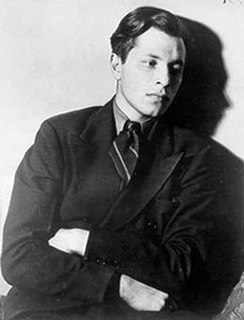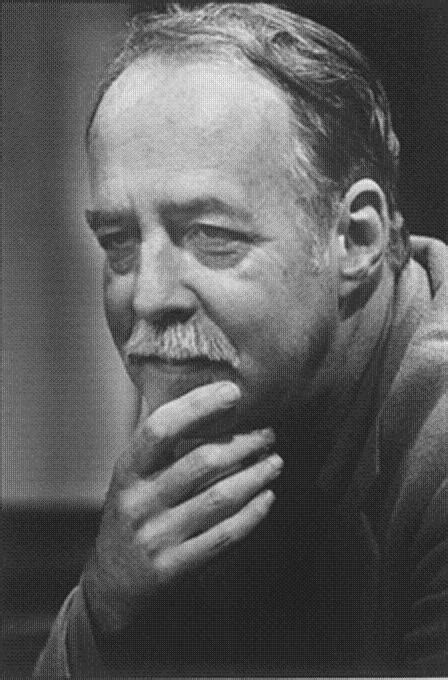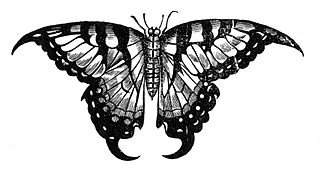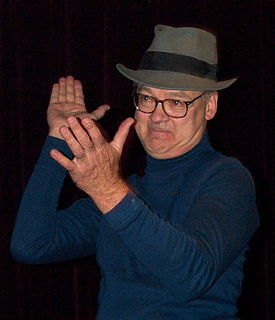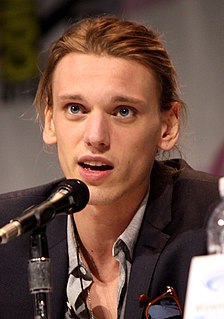A Quote by Delmore Schwartz
All literature is an effort at the formal character of the epigram.
Quote Topics
Related Quotes
What are the precise characteristics of an epigram it is not easy to define. It differs from a joke, in the fact that the wit of the latter dies in the words, and cannot therefore be conveyed in another language; while an epigram is a wit of ideas, and hence, is translatable. Like aphorisms, songs and sonnets, it is occupied with some single point, small and manageable; but whilst a song conveys a sentiment, a sonnet a poetical, and an aphorism a moral reflection, an epigram expresses a contrast.
In other words, the propositions of philosophy are not factual, but linguistic in character - that is, they do not describe the behaviour of physical, or even mental, objects; they express definitions, or the formal consequences of definitions. Accordingly we may say that philosophy is a department of logic. For we will see that the characteristic mark of a purely logical enquiry, is that it is concerned with the formal consequences of our definitions and not with questions of empirical fact.
That love is a conflict seems to me obvious and natural. There isn't a single worthwhile work in world literature based on love that is only about the conquest of happiness, the effort to arrive at what we call love. It's the struggle that has always interested those who produce works of art - literature, cinema or poetry.
